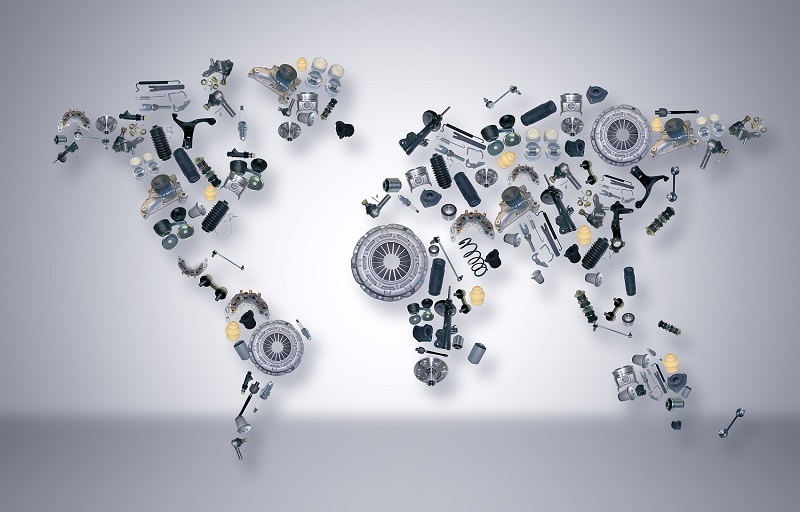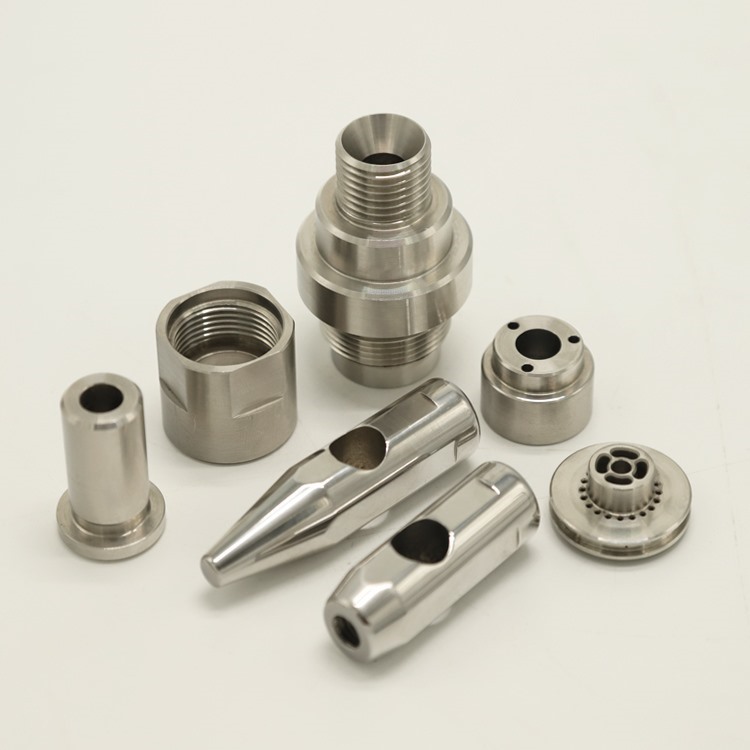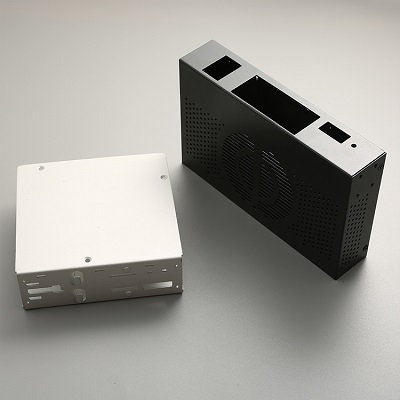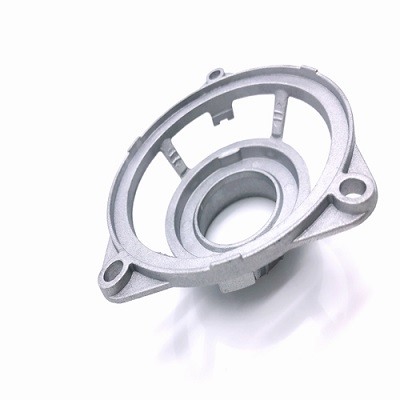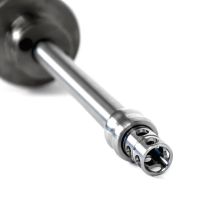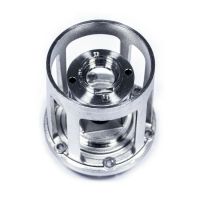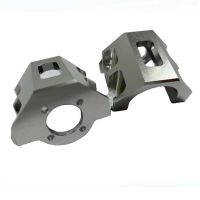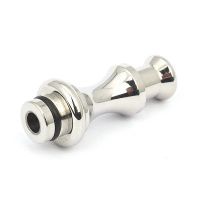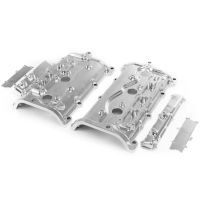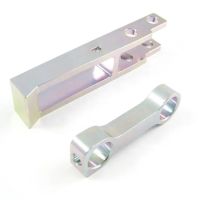Custom Robotics Parts to Innovate
Tuofa uses 3D printing technology to quickly prototype robot part designs and test them quickly under a variety of conditions. This allows robotics engineer to make improvements or adjustments quickly without having to invest in costly tooling or equipment upfront.
Complex parts can also be manufactured accurately and quickly through CNC machining or sheet metal fabrication, which can help you speed up the development process while ensuring that quality control standards are always met.
Why Do Robotics Companies Use Tuofa?

Cost Savings
Tuofa mechanical engineer have the knowledge and experience in the robotics industry to produce high-quality robotic components at a lower cost than what robotics companies could achieve on their own.

Quality Control
With ISO9001 manufacturing standards, Tuofa can ensure that all parts are made according to exact specifications and meet quality control standards every time.

Scalability
Tuofa can quickly scale production up or down as needed, allowing robotics companies to easily adjust supply levels without having to invest in additional equipment or personnel.
|
Try Tuofa Now!
Tuofa can help robotics companies create complex designs that may not be possible with traditional manufacturing techniques. This may include complex shapes or lightweight components, and these precision parts are critical to the optimal performance of the robot system.
Tuofa Engineer Support Team - Real human quotes are more accurate than software quotes
|
What Materials Work Best for Custom Robotics Parts?
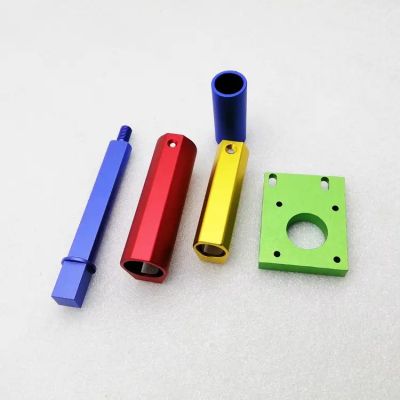
Metals: Aluminum, stainless steel and titanium alloys are ideal for custom robotics parts because they are lightweight yet strong, making them well-suited for components that need to withstand heavy use and frequent movement. Copper, brass and bronze offer excellent conductivity properties which make them ideal for parts that require electrical current or wiring.
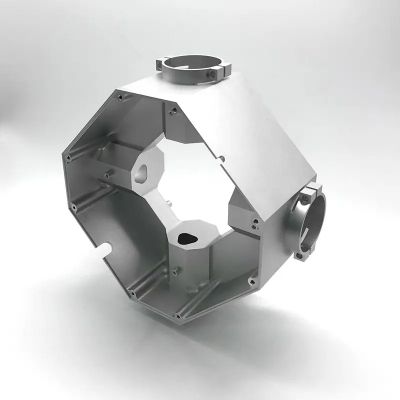
Plastics: ABS, polycarbonate (PC) and acrylonitrile butadiene styrene (ABS) are all highly durable materials that can withstand extreme temperatures and harsh environments, making them suitable for use in robotics applications. High-density polyethylene (HDPE), polypropylene (PP) and nylon offer flexibility while remaining lightweight, which makes them well suited for creating custom robotics parts with complex shapes or intricate designs.
Robotics Applications
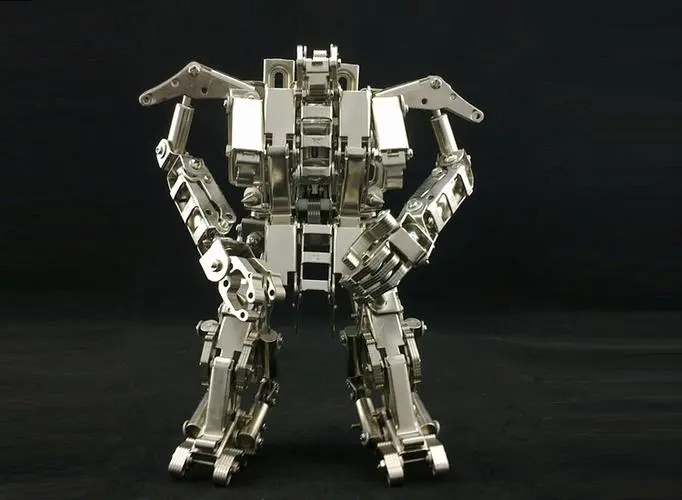
Robotic applications offer a number of advantages, including increased safety, efficiency and accuracy.
Robots can perform tasks with greater precision than humans, leading to improved product quality.
At Tuofa, we improve the production rate of a wide range of robotics components. Common robotics parts applications we undertake include.
 Housings
Housings
 Frame
Frame
 Grippers
Grippers
 Arm components
Arm components
 Brackets
Brackets
 Shafts
Shafts
Manufacturing Capacity of Robotics Industry
Tuofa's robot parts manufactured using a variety of processes are typically very durable and can withstand the wear and tear associated with robot motion over time.
Our mechanical engineers analyze existing components and develop new ones based on the analysis. This allows robotics companies to leverage existing technology while also creating something completely unique to their needs.
If you have a project about robotics, we are technically available to support you.
Robotics Project Quote
Gallery of Robotics Parts
How does Tuofa Innovate Robot Manufacturing Technology?
If you have a project about robotics manufacturing, we can support you technically.
People Also Ask
What is the robotics industry?
The robotics industry is a rapidly growing sector of the technology field, encompassing the design, manufacture and sale of robots and related products. The industry encompasses both professional applications such as industrial automation and consumer applications such as robotic vacuum cleaners. Robotics companies are involved in designing hardware components for robots, developing software for controlling them, and supplying services to support their use. How to get robotics parts?
Robotics parts can be purchased from online retailers, hobby stores, and electronics stores. You can also find robotics parts at trade shows and conventions or by building them yourself. Many universities and research centers offer access to robotics materials for educational purposes. Of course, you can also get it from Topha manufacturer. How is robotics used in manufacturing?
Robotics is used in manufacturing to automate processes and improve efficiency. Robotics can be used for tasks such as material handling, assembly, welding, painting and packaging. Robots are also increasingly being used to inspect products and perform quality assurance checks. Automation helps manufacturers increase production rates while reducing costs associated with labor and materials. What is the robotics industry?
The robotics industry is a rapidly growing sector of the technology field, encompassing the design, manufacture and sale of robots and related products. The industry encompasses both professional applications such as industrial automation and consumer applications such as robotic vacuum cleaners. Robotics companies are involved in designing hardware components for robots, developing software for controlling them, and supplying services to support their use. How much is a robotics kit?
Robotics kits vary in price depending on the complexity of the kit and what components are included. Basic robotics kits can range from around $50 to over $400, while more advanced kits can cost up to $1,000 or more. Prices also vary depending on where you purchase the kit - online retailers may offer discounted prices compared to brick-and-mortar stores. |
 Tel/WeChat:
Tel/WeChat:  Email:
Email: 
 Home
Home